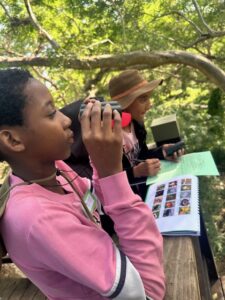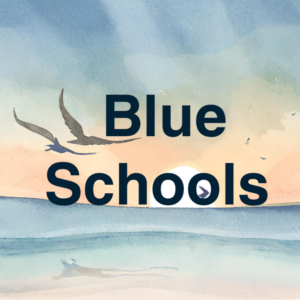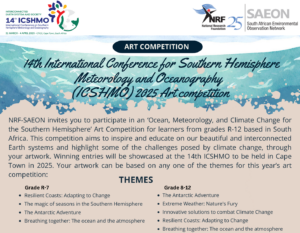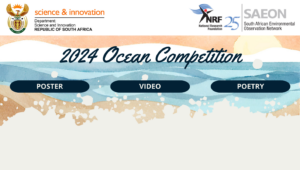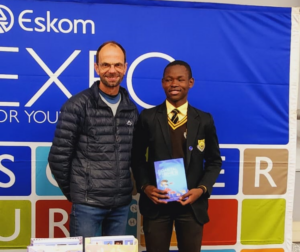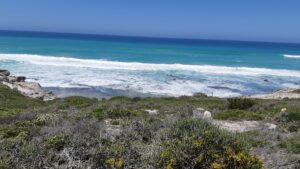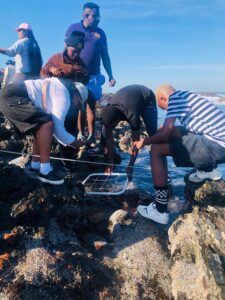
Marine Science Grade 10 Camp: 30 June- 2 July 2025
The Grade 10 Marine Science Camp, organized by NRF-SAEON, offered learners a dynamic and hands-on exploration of marine science at the Willows Resort in Port Elizabeth, the programme combined fieldwork, technology, and collaborative projects to deepen learners’ understanding of marine ecosystems and scientific research.
